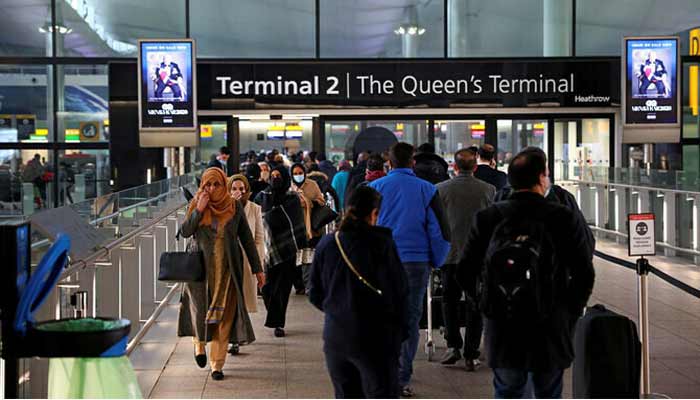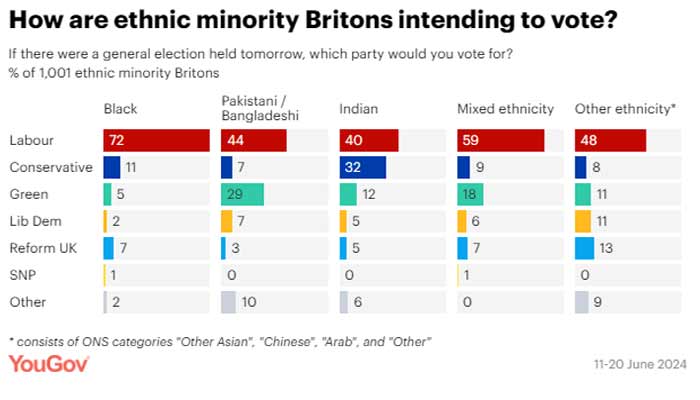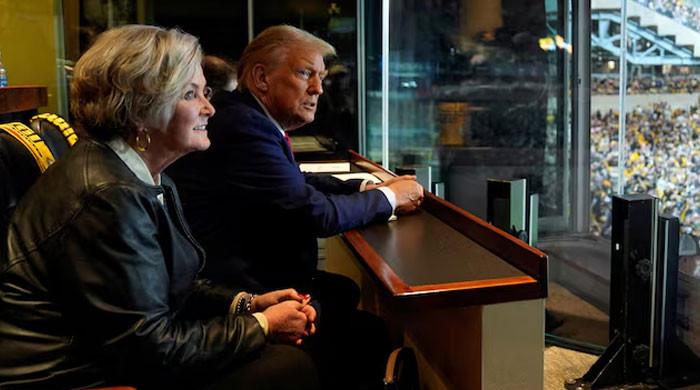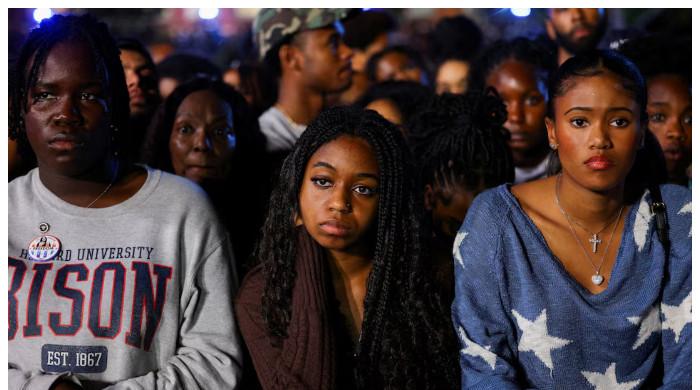UK Elections 2024: British-Pakistanis move away from Labour over Gaza issue
Other key factors in voting decision include cost of living, NHS and the state of economy
July 01, 2024

- Pakistani voters are leaning more towards the Green party.
- 41% of Pak-origin Britons regard Gaza conflict as grave issue.
- Ethnic minorities badly hit by rise in the cost of living.
The United Kingdom election is days away, and as the nation prepares to vote, a new YouGov poll has shared insights into the voting patterns and preferences of the ethnic minorities living in the country, including Pakistanis and other South Asian groups.
The poll found that although the Labors amongst other parties lead with 53% minorities intending to vote for them, a major chunk of Pakistani voters are leaning more towards the Green party.
The Pakistani and Bangladeshi communities are predominantly Muslim, and the increased support for the Greens is due to Keir Starmer’s stance on the Gaza conflict. 41% of the voters from these communities have regarded the Gaza conflict as a key factor in deciding their vote.

According to the poll, only 28% of Pakistani and Bangladeshi voters have a favourable vote for Starmer, while 78% believe that the labour leader has handled the Gaza issue very badly.
In addition to the Gaza issue being a key factor in their voting decision for them, other factors include the cost of living, the National Health Service (NHS), and the state of the economy.
Ethnic minority groups have been badly affected by the rise in the cost of living as compared to the wider public. Reports suggest that the rise has forced two-thirds (66%) of the group to make major cuts to their usual spending, while 62% anticipate having to make cuts in the near future.
Furthermore, the majority people have experienced difficulty paying for energy bills (59%) and food (53%) in the last three months.











